- Informatii telefonice:(+40) 748 400 200
New paradigms on information, reality and mind | Alina Gavrilut, Gabriel Crumpei, Irina Crumpei Tanasa, Maricel Agop
Cod intern: xsales_1388674Producator: Junimea
Vizualizari: 39 / Achizitii: 20
Stoc: In stoc
Pret: 35.0 RON
Acest produs este publicat in categoria Librarie la data de 15-03-2025: 10:03 si vandut de Carturesti. Vanzatorul isi asuma corectitudinea datelor publicate. ( alege finantarea potrivita )
-
Produs cu garantie
-
Livrare direct din stocul fizic al Carturesti
-
Retur gratuit minim 14 zile de la data achizitiei
We brought arguments in favor of the ontological character of information, along with energy and substance, as well as the structural-phenomenological unity at all scales and levels of reality. We used an interdisciplinary, inductivedeductive methodology, within the broad framework of the naturalistic conception. Our argumentation started from the current reality, which is the impact of information technology, of information networks, of virtual reality and of artificial intelligence, insisting on the role of information in the gnosiological approach. The preponderance of a logical reductionist positivism in scientific research, as well as the exaggerated focus on particle and high energy-physics, but also a certain axiomatic blockage connected to the existence of the immaterial, have made it possible for the problem of information to be almost completely eluded. Even Shannon and Weaver’s (1963) information theory considers information only from a quantitative viewpoint, and only through its relation to entropy and the second law of Thermodynamics. The development of chaos theory, fractal geometry and topology in the field of non-linear dynamics, and especially the spectacular development of information technology in the last two decades, necessitate a systematic analysis of defining information and its importance in the structuring of reality along with energy and substance. From this perspective, all our concepts, from physical reality to psychological imaginary reality, can be coherently understood through the same paradigms, irrespective of whether we are talking about conservation law, the Euclidean dimension, the fractal or topological dimension or the multidimensional processing mechanism through syntactic, semantic, pragmatic and hermeneutic processing of human and artificial language and knowledge. This new paradigm is the informational one, which assumes the existence of a functional, phenomenological, potential background represented by information, and which can be mathematically modeled through topology.

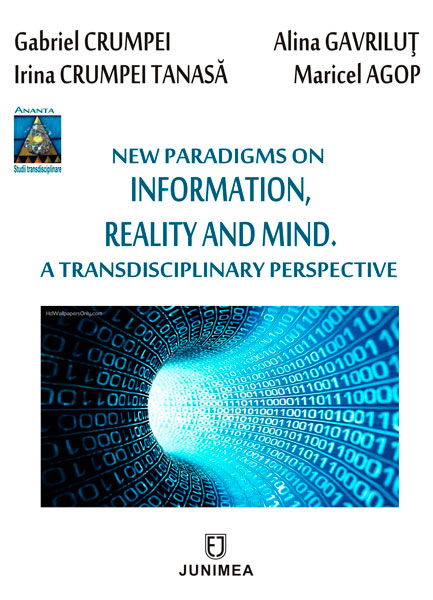










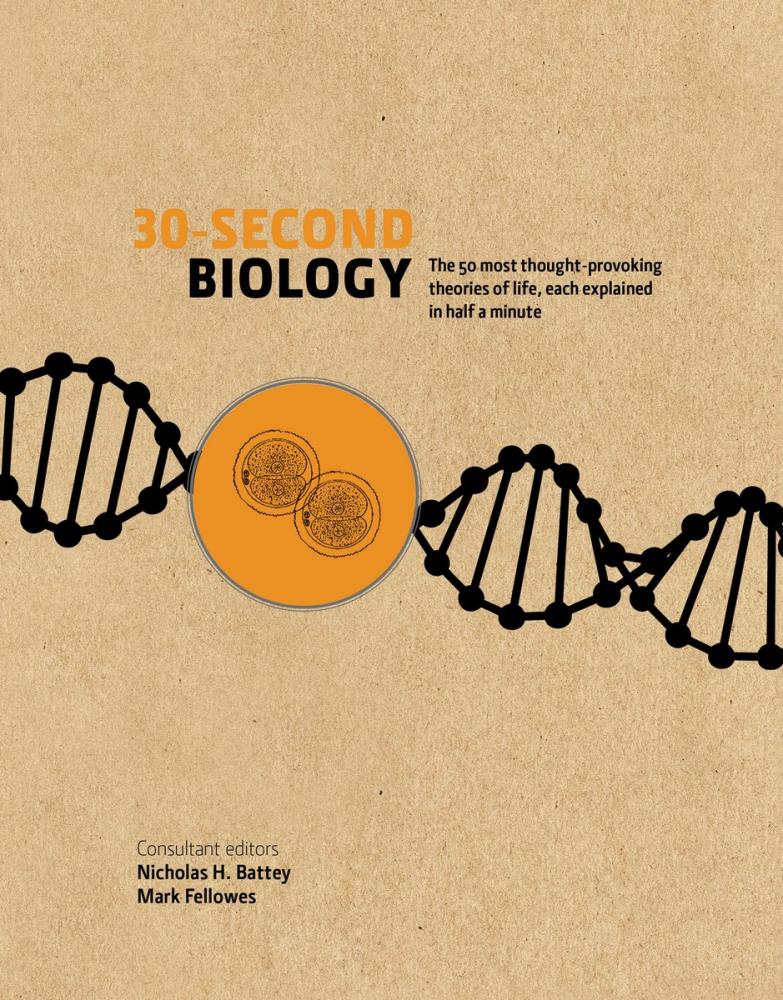
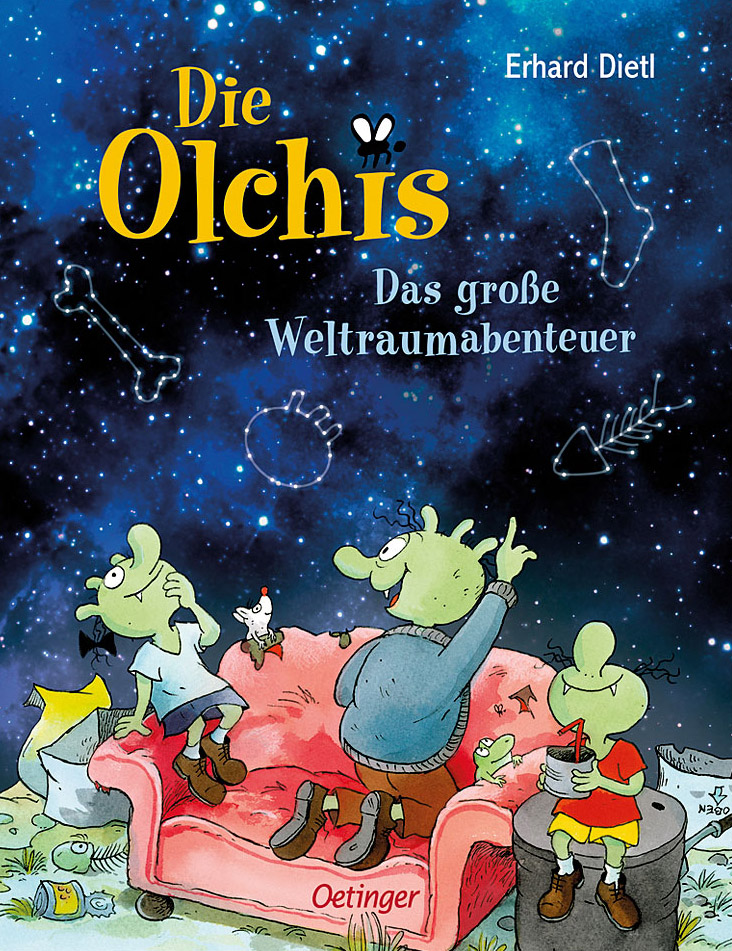






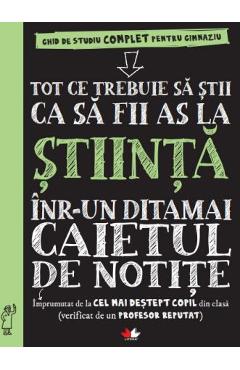




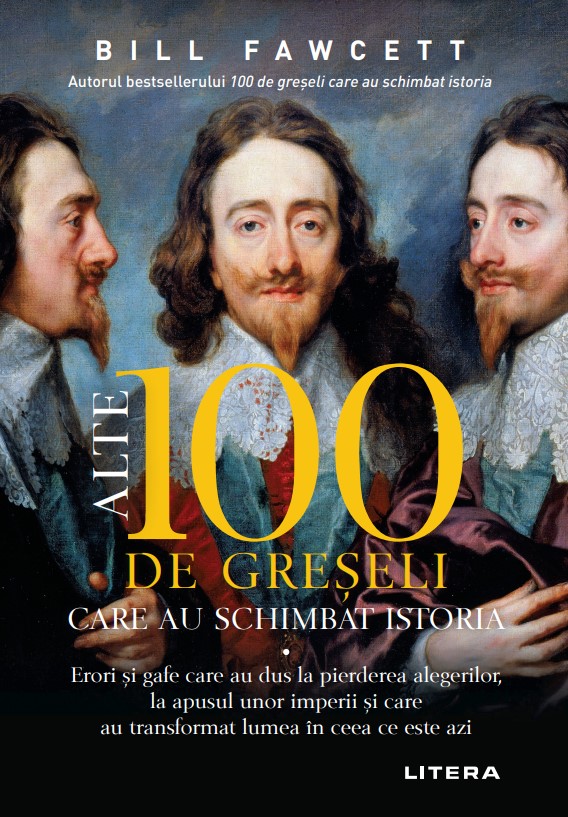

Scrie parerea ta
New paradigms on information, reality and mind | Alina Gavrilut, Gabriel Crumpei, Irina Crumpei Tanasa, Maricel Agop
Ai cumparat produsul New paradigms on information, reality and mind | Alina Gavrilut, Gabriel Crumpei, Irina Crumpei Tanasa, Maricel Agop ?
Lasa o nota si parerea ta completand formularul alaturat.
We brought arguments in favor of the ontological character of information, along with energy and substance, as well as the structural-phenomenological unity at all scales and levels of reality. We used an interdisciplinary, inductivedeductive methodology, within the broad framework of the naturalistic conception. Our argumentation started from the current reality, which is the impact of information technology, of information networks, of virtual reality and of artificial intelligence, insisting on the role of information in the gnosiological approach. The preponderance of a logical reductionist positivism in scientific research, as well as the exaggerated focus on particle and high energy-physics, but also a certain axiomatic blockage connected to the existence of the immaterial, have made it possible for the problem of information to be almost completely eluded. Even Shannon and Weaver’s (1963) information theory considers information only from a quantitative viewpoint, and only through its relation to entropy and the second law of Thermodynamics. The development of chaos theory, fractal geometry and topology in the field of non-linear dynamics, and especially the spectacular development of information technology in the last two decades, necessitate a systematic analysis of defining information and its importance in the structuring of reality along with energy and substance. From this perspective, all our concepts, from physical reality to psychological imaginary reality, can be coherently understood through the same paradigms, irrespective of whether we are talking about conservation law, the Euclidean dimension, the fractal or topological dimension or the multidimensional processing mechanism through syntactic, semantic, pragmatic and hermeneutic processing of human and artificial language and knowledge. This new paradigm is the informational one, which assumes the existence of a functional, phenomenological, potential background represented by information, and which can be mathematically modeled through topology.
Acorda un calificativ